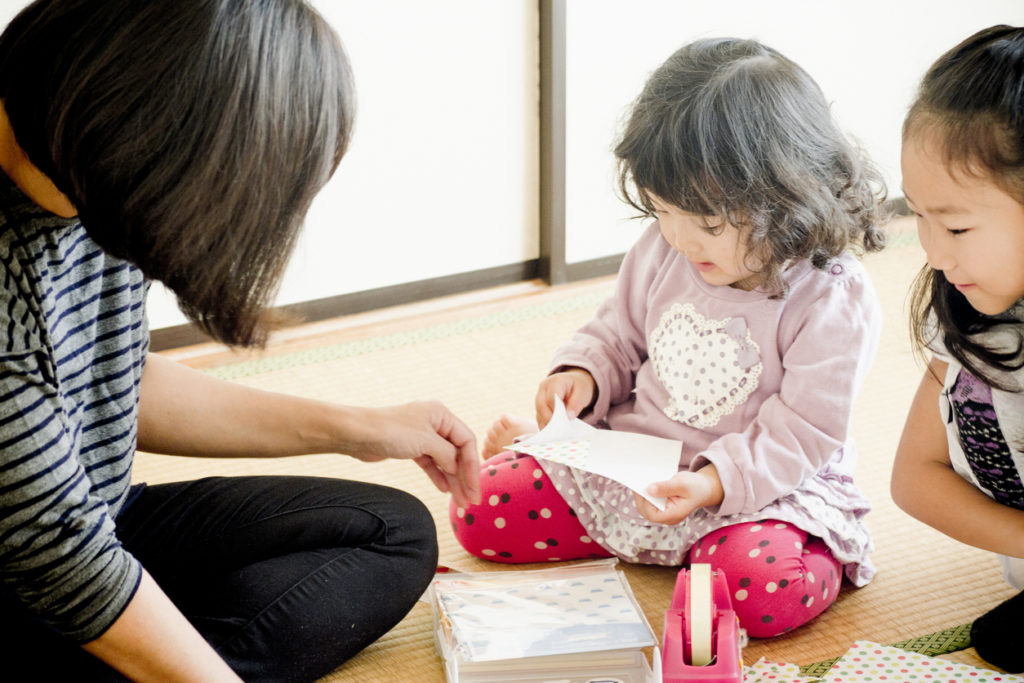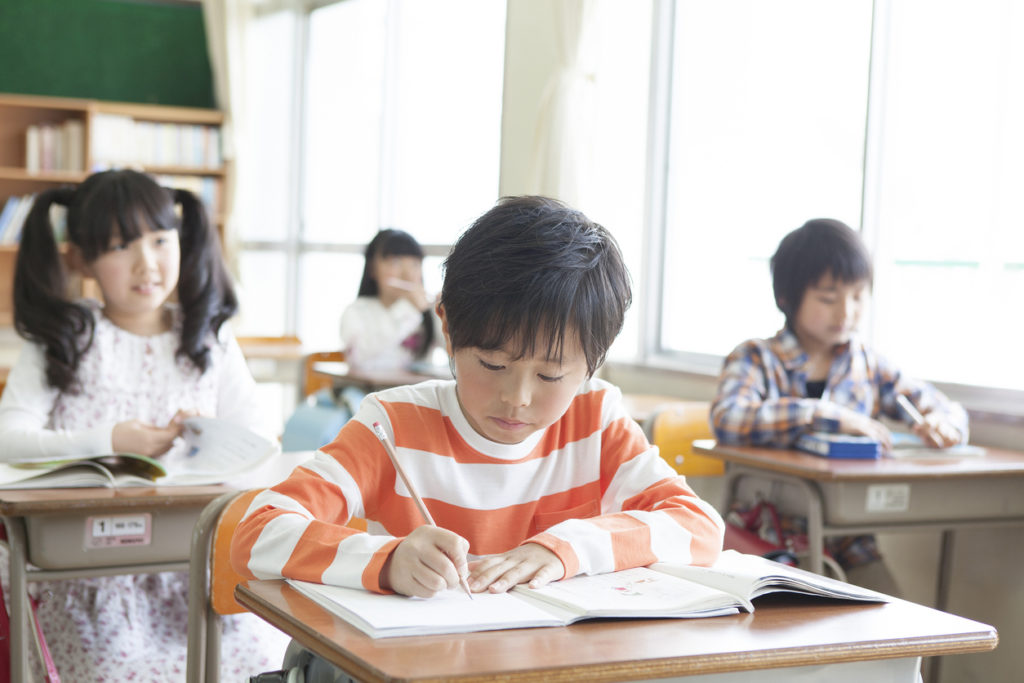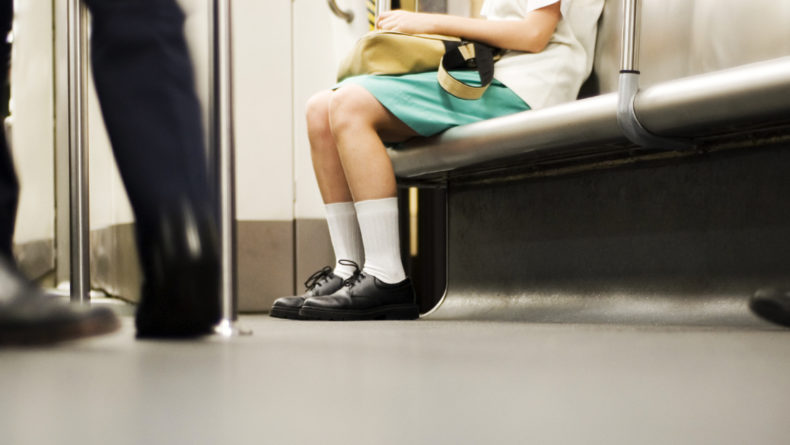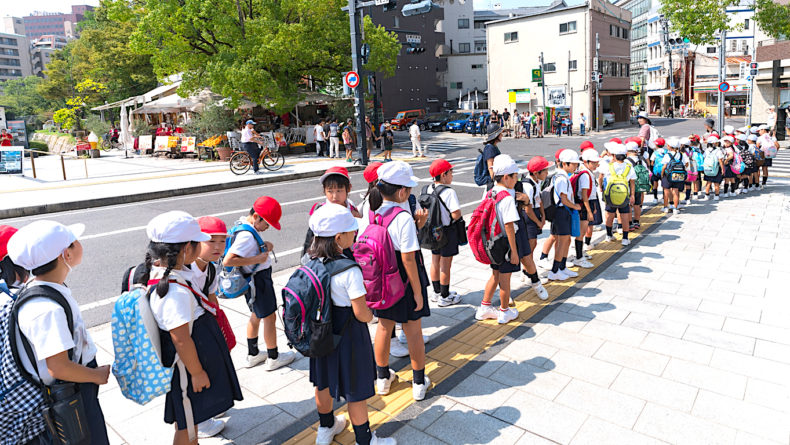How Japan Raises Resilient Children
From ‘Ganbatte’ Vs. ‘Good Luck’ To Teaching Hard Work And Effort
Resilience is key to stress management and stronger performance. And it is something we should teach our children from a very early age.
As a very young toddler, my son frequently grew frustrated when attempting tasks. He often gave up easily when something proved too hard, asking for me to finish it. As a parent who prizes independence, this lack of effort was alarming, even in a child so young.
I wanted him to persist in challenging tasks, not give up at the first struggle. If at first he didn’t succeed, I wanted him to try again. Most importantly, I believed that what I taught him at two years old would shape the way he approached life in the future, and I wanted to give him tools to be self-reliant.
Nana korobi ya oki — Fall down seven times, get up eight.
My Japanese-language teacher told me about a Japanese proverb that perfectly encapsulated what I wanted to teach: Nana korobi ya oki — “Fall down seven times, get up eight.” What I really wanted was for my son to learn resilience like the proverb. I didn’t want him to work only toward ‘success,’ but to keep trying, to keep pushing himself no matter the obstacles life throws in his way.
Ganbatte Vs. Good Luck

As I was thinking of ways to teach resilience to my son, a friend happened to say ‘Good luck!’ before I climbed Mt. Fuji. It struck me then that a vast difference between an American mindset and a Japanese one is in how we approach these big challenges in life. An American would say ‘Good luck!’ before a big exam or presentation. In Japan, you’d say ‘Ganbatte!’ – which translates roughly to ‘do your best!’
Instead of limiting children by telling them what they already are, encourage them to believe their potential is limitless.
Praising effort — instead of linking the result to luck or natural ability — is a relatively new parenting ‘insight’ in the United States, but it has been part of the Japanese child-rearing culture throughout its history. After decades of encouraging children with phrases such as “You are so smart” in the States, a groundbreaking study in 2013 from researchers at the University of Chicago and Stanford indicated parents should instead praise their children for effort, with “You worked so hard!”
Instead of limiting children by telling them what they already are, encourage them to believe their potential is limitless. They can be and do whatever they like as long as they put the hard work and effort in. By praising the effort, you encourage them to put in even more.
So to start, I focused on repeating “We always try again” whenever my son’s frustration would set in.
The Power of ‘Yet’

A popular meme making the Internet rounds encourages rethinking your abilities and the way you speak to your children by adding one simple word: “yet.”
Instead of “I don’t know,” “I can’t understand,” or “I can’t do this,” it becomes “I don’t know… yet.”
“I can’t understand… yet.”
“I can’t do this… yet.”
This powerful change in thinking is put into practice in Japan, where students of all abilities learn together (including school club activities). At lunch with a Japanese friend, gushing over our experience at a traditional kindergarten, my friend pointed out that American school systems did have some advantages, at least from her point of view: children can move ahead based on natural ability.
American children might be put into accelerated learning classes for students deemed ‘gifted’ or even skipped ahead a year in elementary school. Children who are struggling with subject matter might be asked to repeat a grade.
[T]here is a pervasive belief – reinforced in school – that it’s less about what you’re born with than what you do.
While my friend felt this system was admirable, psychologist Angela Duckworth in her best-selling book Grit, sees it differently. In her work, the Japanese school system is held up as a model of teaching resilience, or as Duckworth terms it, ‘grit.’
“Instead of dividing kids up [in Japanese schools], there is a pervasive belief – reinforced in school – that it’s less about what you’re born with than what you do,” Duckworth writes. Some children might have more natural ability in math, some in art, some in music. Yet the schools don’t promote natural ability. Instead, they teach that with effort, anyone can become competent at any skill. Children might just not know how to do something… yet.
Duckworth goes on to make the persuasive case that this focus by Japanese schools on teaching effort rather than solely rewarding natural ability can have a multitude of other benefits, including increased satisfaction at school.
Building a strong foundation through “Hansei”

Teaching the value of effort and hard work to children has certainly been my experience with my son’s kindergarten. On its website, our school states that its central principle is to give children a solid foundation to build upon; to make them strong in heart and body. During our parent-teacher meetings, my child’s teacher gives detailed feedback on his effort in the three-year-old class, including that he hasn’t mastered putting the toys away cheerfully (yet!).
[T]hey teach that with effort, anyone can become competent at any skill.
For older children, the Japanese concept of hansei (self-reflection) becomes more important. Put into practice, hansei helps you identify where you have room for improvement and most importantly, how to achieve that improvement. Students are often asked to create goals and identify plans to reach them. The ‘growth mindset’ hansei fosters gives students a sense of control over their future — if they want a better outcome, they must make a plan and work hard.
My son is now three-and-a-half, and from time to time, I’ll overhear him working at a difficult task, whispering to himself “We always try again,” as he works to master it. We’re off to a better start to resilience, one I hope to keep growing in alongside him.
Even better, he always encourages his one-year-old sister. For big and small goals such as difficulty in playing with a complicated toy or learning to climb the stairs, he’s usually right beside her, cheering her on: “Try again! You can do it!”
How do you approach resilience as a parent? Share your thoughts in the comments.















Leave a Reply